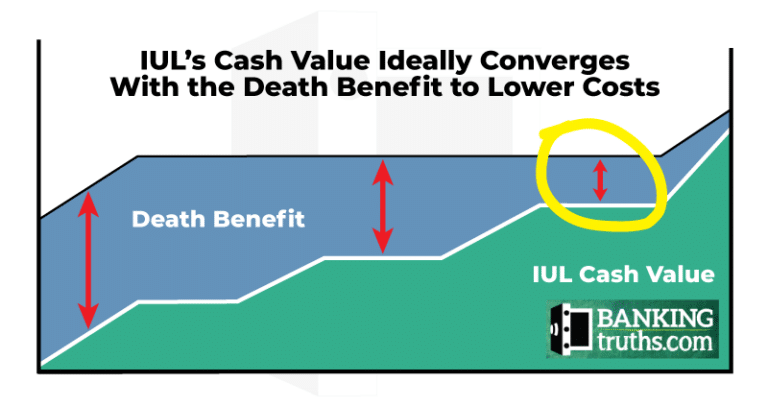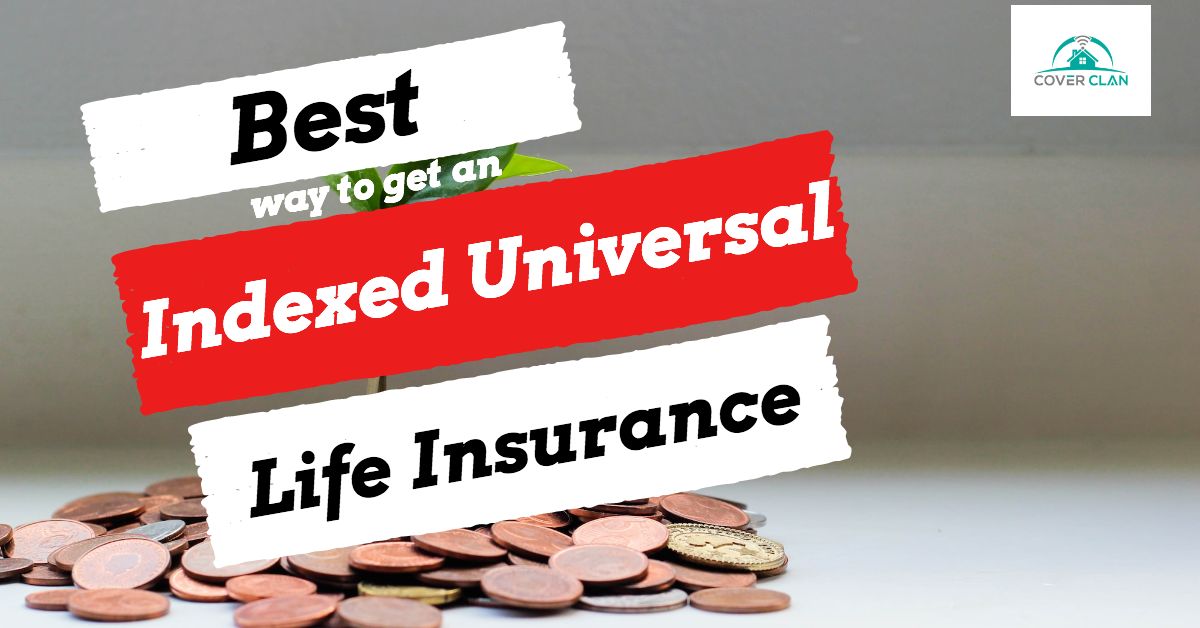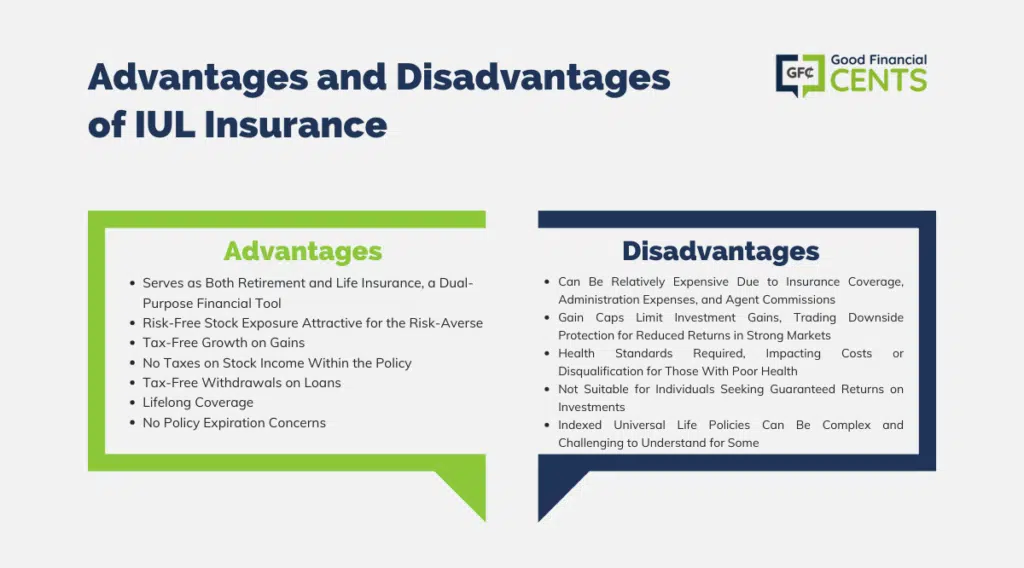All Categories
Featured
Table of Contents
1), commonly in an attempt to beat their category standards. This is a straw male disagreement, and one IUL people like to make. Do they contrast the IUL to something like the Lead Overall Securities Market Fund Admiral Show no lots, an expenditure ratio (ER) of 5 basis points, a turn over ratio of 4.3%, and a remarkable tax-efficient document of circulations? No, they contrast it to some dreadful actively managed fund with an 8% load, a 2% ER, an 80% turn over proportion, and an awful document of short-term resources gain circulations.
Mutual funds commonly make annual taxable distributions to fund owners, even when the value of their fund has gone down in value. Shared funds not only require revenue reporting (and the resulting annual taxation) when the common fund is rising in worth, however can additionally enforce revenue tax obligations in a year when the fund has dropped in worth.
You can tax-manage the fund, collecting losses and gains in order to reduce taxable circulations to the financiers, yet that isn't in some way going to transform the reported return of the fund. The ownership of mutual funds might need the common fund proprietor to pay approximated tax obligations (iul with living benefits).

IULs are simple to place to ensure that, at the owner's death, the beneficiary is not subject to either income or inheritance tax. The very same tax obligation reduction strategies do not work nearly as well with common funds. There are many, usually expensive, tax obligation catches related to the timed trading of common fund shares, catches that do not relate to indexed life Insurance policy.
Chances aren't really high that you're going to be subject to the AMT due to your shared fund distributions if you aren't without them. The remainder of this one is half-truths at best. For example, while it is real that there is no earnings tax obligation due to your beneficiaries when they acquire the profits of your IUL policy, it is also real that there is no income tax because of your heirs when they inherit a mutual fund in a taxable account from you.
Indexed Insurance Policy
The government estate tax exemption limitation is over $10 Million for a pair, and growing every year with inflation. It's a non-issue for the huge bulk of medical professionals, much less the rest of America. There are better means to prevent inheritance tax problems than acquiring investments with low returns. Common funds may cause income taxation of Social Safety advantages.

The development within the IUL is tax-deferred and might be taken as free of tax revenue by means of finances. The plan proprietor (vs. the mutual fund manager) is in control of his/her reportable revenue, thus enabling them to reduce or even get rid of the tax of their Social Safety benefits. This set is wonderful.
Right here's another marginal problem. It's real if you get a mutual fund for say $10 per share right before the distribution date, and it disperses a $0.50 distribution, you are then going to owe tax obligations (most likely 7-10 cents per share) regardless of the fact that you have not yet had any gains.
In the end, it's truly about the after-tax return, not just how much you pay in tax obligations. You are going to pay more in tax obligations by making use of a taxed account than if you get life insurance policy. Yet you're additionally possibly mosting likely to have even more money after paying those tax obligations. The record-keeping needs for owning common funds are substantially more complex.
With an IUL, one's records are kept by the insurer, duplicates of annual declarations are mailed to the owner, and distributions (if any) are completed and reported at year end. This is additionally type of silly. Of course you ought to keep your tax obligation records in instance of an audit.
Best Iul Products
Hardly a reason to acquire life insurance policy. Shared funds are generally component of a decedent's probated estate.
On top of that, they are subject to the delays and expenses of probate. The profits of the IUL policy, on the various other hand, is always a non-probate distribution that passes outside of probate directly to one's called beneficiaries, and is as a result not subject to one's posthumous financial institutions, unwanted public disclosure, or comparable delays and costs.
We covered this one under # 7, yet simply to evaluate, if you have a taxable mutual fund account, you should put it in a revocable count on (or perhaps much easier, use the Transfer on Fatality designation) in order to prevent probate. Medicaid incompetency and lifetime earnings. An IUL can supply their proprietors with a stream of revenue for their entire life time, despite for how long they live.

This is helpful when arranging one's events, and transforming properties to revenue prior to a nursing home confinement. Shared funds can not be transformed in a comparable fashion, and are usually taken into consideration countable Medicaid assets. This is another silly one advocating that inadequate individuals (you recognize, the ones that require Medicaid, a federal government program for the bad, to pay for their assisted living home) should use IUL instead of mutual funds.
Guaranteed Universal Life Insurance Quote
And life insurance policy looks dreadful when contrasted rather against a retired life account. Second, people that have money to buy IUL over and beyond their retired life accounts are going to need to be horrible at managing cash in order to ever get Medicaid to spend for their retirement home prices.
Persistent and incurable illness rider. All plans will allow a proprietor's very easy access to cash money from their policy, commonly waiving any surrender fines when such people suffer a serious illness, require at-home treatment, or come to be confined to an assisted living facility. Common funds do not provide a comparable waiver when contingent deferred sales fees still put on a shared fund account whose proprietor requires to offer some shares to money the prices of such a stay.
Group Universal Life
You get to pay more for that benefit (motorcyclist) with an insurance coverage plan. Indexed global life insurance policy provides death benefits to the recipients of the IUL owners, and neither the proprietor nor the beneficiary can ever shed money due to a down market.
Currently, ask on your own, do you actually need or want a survivor benefit? I absolutely don't require one after I reach financial independence. Do I want one? I expect if it were affordable sufficient. Obviously, it isn't low-cost. Typically, a purchaser of life insurance policy spends for real price of the life insurance coverage benefit, plus the prices of the plan, plus the revenues of the insurance provider.
Iul Result
I'm not entirely certain why Mr. Morais included the entire "you can not lose money" again here as it was covered rather well in # 1. He just intended to duplicate the most effective selling factor for these points I suppose. Again, you do not lose small bucks, however you can lose actual bucks, along with face significant possibility price due to low returns.

An indexed global life insurance policy policy owner might exchange their plan for a completely different plan without setting off income taxes. A mutual fund proprietor can not move funds from one shared fund business to another without selling his shares at the previous (thus triggering a taxed event), and redeeming new shares at the last, typically subject to sales fees at both.
While it holds true that you can trade one insurance coverage for an additional, the reason that people do this is that the initial one is such an awful policy that also after acquiring a brand-new one and going through the very early, unfavorable return years, you'll still come out ahead. If they were sold the appropriate policy the very first time, they should not have any type of desire to ever before trade it and experience the early, adverse return years once more.
Latest Posts
Index Universal Life Insurance Companies
Indexed Variable Universal Life Insurance
Universal Life Insurance Rates